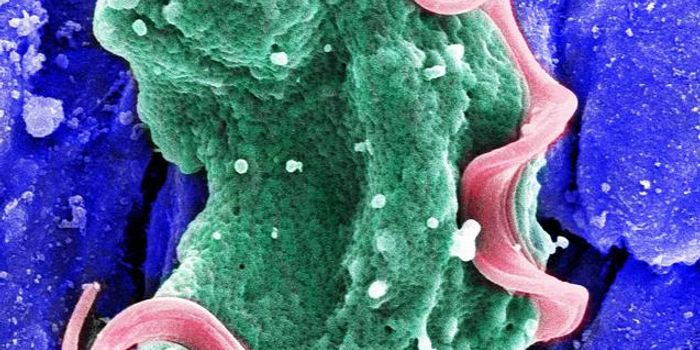Immune Cells and MS: The Good, the Bad, and the Maybe
Much like electrical wires that are encased in plastic insulating sheaths, nerve cells also are also surrounded by a similar layer called myelin. This lipid-rich outer shell is instrumental in helping nerve cells transmit messages via electrical impulses. In patients with multiple sclerosis, or MS, their immune systems go rogue, attacking the myelin sheaths of nerve cells with devastating effects: blindness, a loss of coordination, muscle weakness, and even psychiatric problems.
A study by researchers at the University of California has brought to light how a particular subset of immune cells called regulatory T cells, or T regs, shield against the autoimmune attack of the spinal cord in conditions such as MS.
Previously, the team found that cells responsible for the destruction of nervous tissues in MS were Th17 cells. Though destructive, Th17 cells were not unstoppable. The researchers found that T regs had the power to dampen the activity of Th17 cells, even resulting in partial recovery from MS-induced paralysis. This was a major breakthrough in the field, suggesting that immunotherapies could be a promising means of helping patients with MS.
"We discovered a unique 'repetitive scanning motility' by which Treg cells (the good guys) dampen calcium signaling in pathogenic Th17 cells (the bad guys), and help to resolve neuroinflammation and limit reactivation of Th17 cells in the spinal cord," said UCI scientist and lead author of the study, Shivashankar Othy.
Michael D. Cahalan, the senior author of the publication, published in the Proceedings of the National Academy of Sciences also said, "Building on our years of expertise in immunoimaging and calcium signaling, this study highlights Th17 and Treg cell interactions, their motility characteristics, and intracellular signaling, thus providing new insights into the pathophysiology of MS. Our results illustrate how a regulatory T cell-based immunotherapy may be instrumental in limiting demyelination in MS."
Sources: Proceedings of the National Academy of Sciences, Science Daily.









